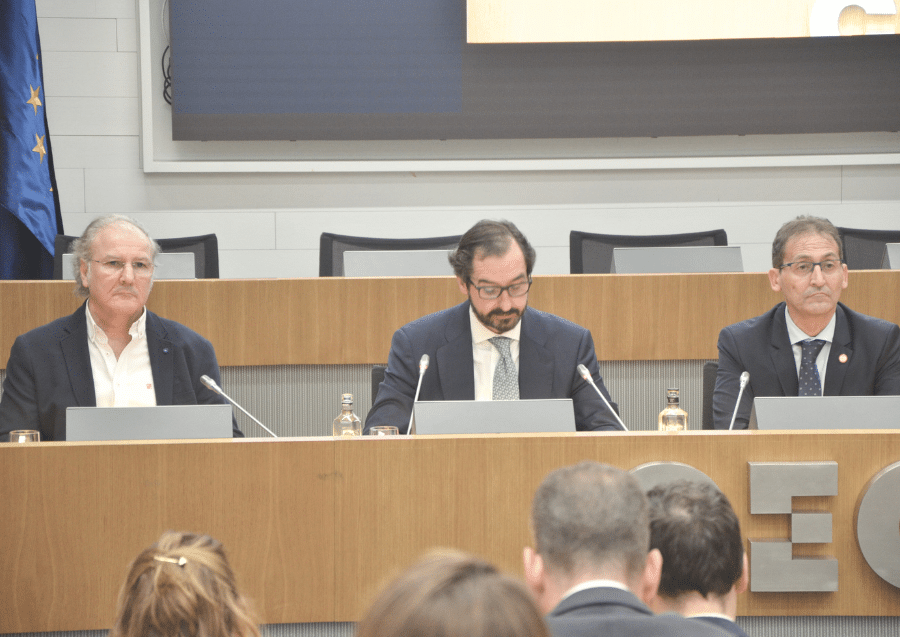In a context where sustainability has become an essential requirement, the National Association of e-Learning Centers and Providers (ANCYPEL) and the General Council of Official Chemical Schools of Spain have presented a pioneering report analyzing the environmental impact of in-person training compared to online training. This study reveals significant data regarding the carbon footprint associated with each educational modality.
The report concludes that online training reduces CO₂ emissions per student by 79% compared to the in-person modality. This implies that a student attending classes at a physical center generates four times more greenhouse gas emissions than if they study remotely. During the report’s presentation, held at the CEOE headquarters, prominent representatives from both organizations explained how these figures were reached.
Dr. Carlos Mayo del Río, a life cycle analysis specialist and university professor, detailed that the carbon footprint is broken down into several categories, including emissions generated by transportation, heating and cooling, and energy use by electronic devices. The transportation component has been identified as the most influential factor in the carbon footprint. According to the analysis, although total energy consumption is higher in in-person settings, when this cost is divided among students, the individual footprint for heating and lighting is lower in the online modality.
The need to integrate sustainable practices into education is urgent. In this regard, Arturo de las Heras, president of ANCYPEL, emphasized that the research not only evaluates sustainability in terms of emissions but also highlights the ability of online training to democratize access to education. This modality removes barriers related to physical access to classrooms, incompatible schedules, or economic difficulties.
For his part, Ricardo Díaz Martín, president of the General Council of Official Chemical Schools of Spain, stressed the innovation represented by this study, being one of the few to analyze the carbon footprint in educational processes rather than focusing solely on industry. This perspective could mark a significant change in how the environmental impacts of individuals’ daily actions are understood.
The study was conducted under international standards of Life Cycle Assessment (LCA) methodology, which supports the validity and accuracy of its results. The report provides educational institutions and other key stakeholders with a solid scientific basis for integrating sustainability into their training strategies, facilitating a more environmentally responsible educational future.
via: MiMub in Spanish
